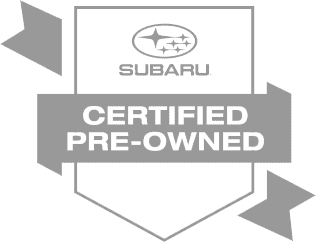

Make sure that your car is regularly checked and maintained. This includes checking the air filter, spark plugs, and other crucial components. A well-maintained engine runs more efficiently and will save you money in the long run.
Keep your tires properly inflated and aligned. Improper tire pressure can reduce fuel economy by up to 3%, while a misaligned wheel can reduce it even further.
Try to practice eco-driving techniques such as accelerating gradually, avoiding hard braking, coasting into stops, using cruise control where appropriate, etc. These methods help conserve fuel without sacrificing performance or safety on the road.
Reduce extra weight from your car by removing unnecessary items like the roof or bike racks when not in use. This can reduce wind resistance and improve fuel efficiency by up to 5%.
Combine trips whenever possible, as multiple short trips starting with a cold engine are less efficient than one longer trip that allows the engine to warm up.
Plan your route ahead of time and minimize the number of turns you make, using highways instead of local streets where possible. This will help you avoid getting stuck in traffic and idling for long periods.
Finally, shop around for fuel prices before filling up. Check online or use an app like GasBuddy to find the cheapest gas near you.




